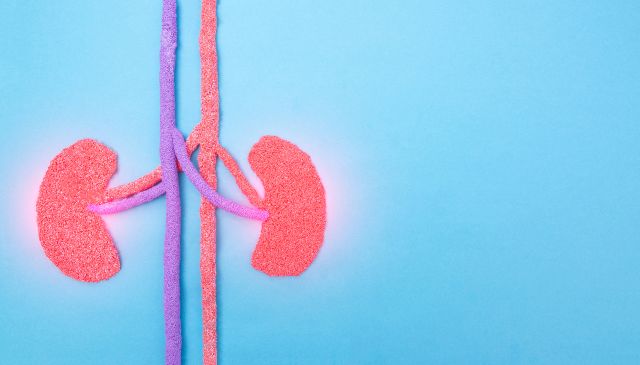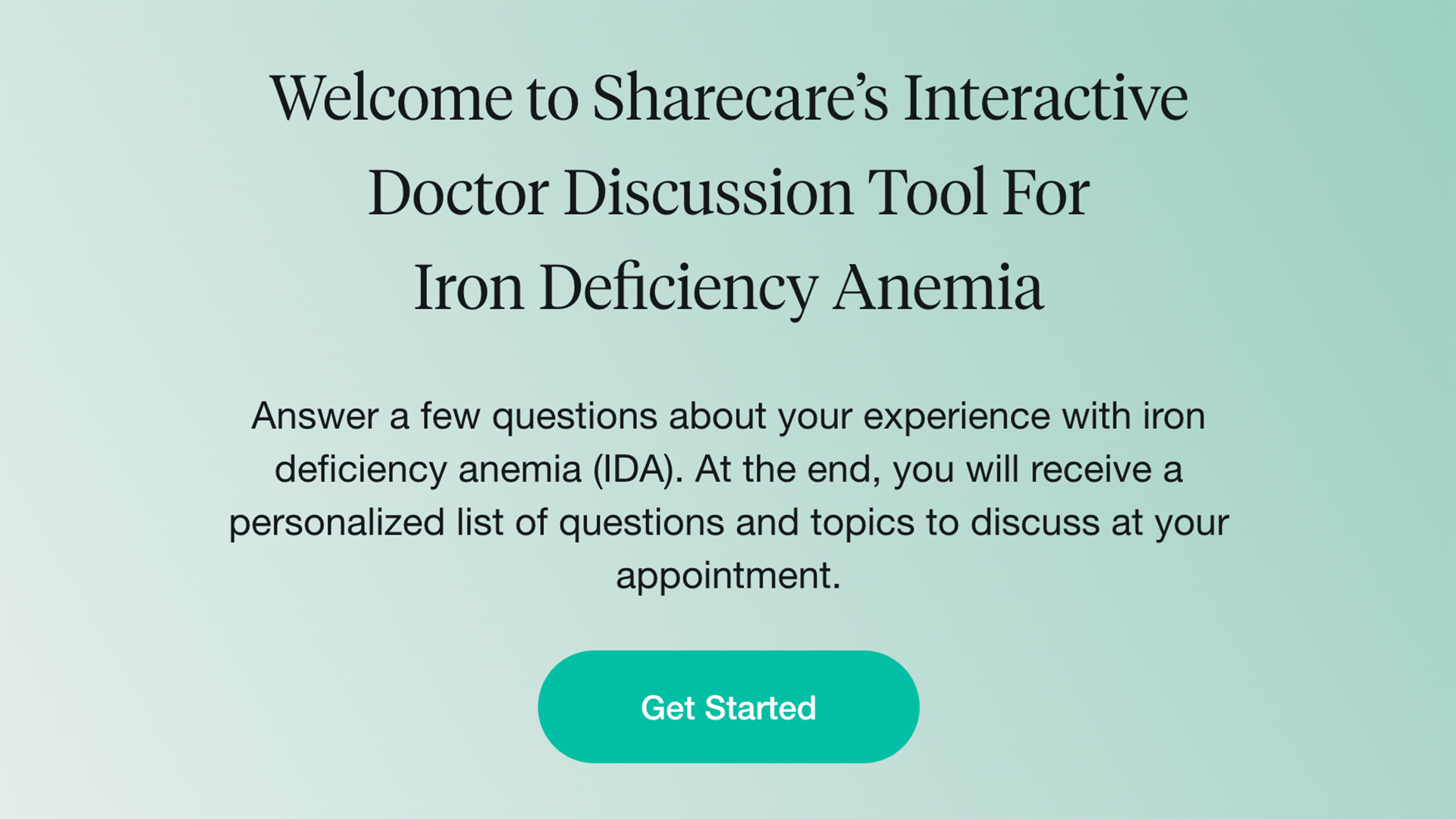Updated on November 13, 2024
Chronic kidney disease (CKD) is a gradual loss of kidney function. In addition to filtering blood, the kidneys also make erythropoietin (EPO), a hormone that signals the body to make more red blood cells. When a person has CKD, the kidneys make too little of this hormone. This can cause red blood cell counts to drop below normal levels.
Anemia can occur when the body has too few red blood cells. The body needs red blood cells to carry oxygen from your lungs to other parts of the body. When a person doesn't have enough red blood cells, tissues and organs may not get enough oxygen to work well.
Anemia is a common complication of CKD, especially as the disease progresses. Anemia in CKD is also referred to as anemia of renal disease.
While some people with anemia don’t experience any symptoms, others may develop the following.
- Fatigue
- Weakness
- Pale skin
- Weakened immunity
- Fast or irregular heartbeat
- Cold hands and feet
- Headaches
- Dizziness or lightheadedness
In those with CKD, severe anemia can also increase the risk of heart problems and has been linked to greater chances of stroke.
Other risk factors, complications, and causes
People with CKD who also have diabetes have a greater risk for anemia, as do those over the age of 60. In addition to anemia, other complications of CKD can include:
- Heart disease
- High blood pressure
- Gout
- Bone weakness
- Fluid retention
- Secondary hyperparathyroidism, where the body makes too much parathyroid hormone, which can lead to open sores and bone disease
Other causes of anemia include:
- Not eating enough iron-rich foods
- Pregnancy
- Heavy menstruation
- Colon polyps or cancer
- Being on blood-thinning medications like aspirin or warfarin
- Aging
Chronic health conditions aside from CKD can also contribute to anemia, including blood disorders, diabetes, and rheumatoid arthritis.
Treating anemia of renal disease
Since anemia is common in people with CKD, it’s important to have your iron levels routinely checked by a healthcare provider. If you notice any of the symptoms mentioned above, do not hesitate to call your provider to be screened for anemia.
Anemia caused by CKD is typically treated with iron supplements, which may be given as oral supplements or as intravenous infusions. In some cases, a person may also receive medications called erythropoiesis stimulating agents (ESAs). These contain a lab-made version of the EPO hormone that the kidneys are unable to make.
Treating CKD
In addition to addressing anemia, a person will also need treatment for CKD. Treating CKD begins with identifying and treating the cause of CKD—for example, diabetes and high blood pressure, which are the leading causes of CKD in the United States.
There is no cure for CKD, but there are therapies that can help slow the progression of the condition and avoid complications. These include medications to lower high blood pressure, lower cholesterol levels, and reduce fluid retention.
Medical nutrition therapy is also an important part of treatment for many people. With medical nutritional therapy, a person works with a healthcare provider called a registered dietician nutritionist, who will build a personalized eating plan.
Medical nutrition therapy can be particularly helpful for people with CKD who also have anemia. They will need to consume adequate amounts of iron but also avoid high amounts of protein in the diet.






